Orthopedic
Home / Orthopedic
Orthopedic Clinic in Newtown, Kolkata
Meet Our Doctors
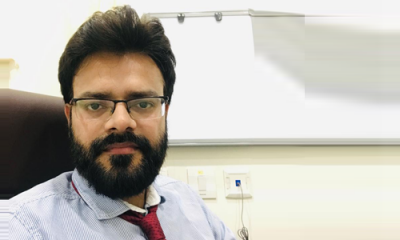
Dr Prashant Arya
Consultant Orthopedic Surgeon
MBBS
MS (Ortho / Gold Medalist)
Fellowship (Arthroscopy & Sports Surgery)
Joint Replacement Surgeon
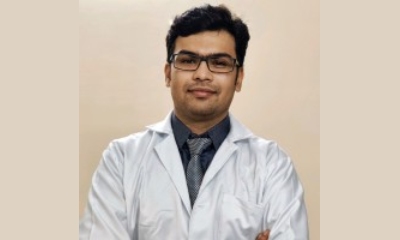
Dr. Pratik Mundhara
Orthopaedic Surgeon
Monday, Wednesday Friday: 4.00 Pm – 6.00 Pm , Sunday on call
MBBS
MS(Ortho)
DNB (Ortho)
MNAMS
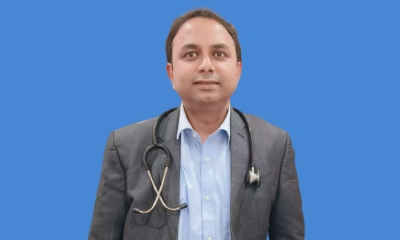
Dr Gautam Gupta
Orthopedic Surgeon
MBBS
MS(Ortho)
FELLOWSHIP SHOULDER & KNEE SURGERY
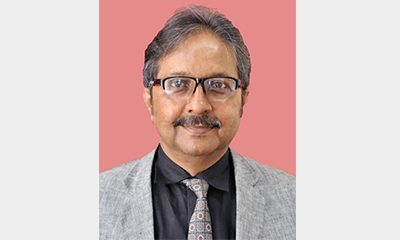
Dr. Subhas Ranjan Bala
Consultant Physician
M.B.B.S
D (ORTHO)
MS ORTHO (CAL)
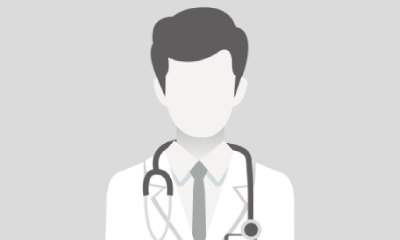
Dr. Debajyoti Sarkar
Consultant Orthopedic Surgeon Assistant Professor, SSKM Hospital (PG) Kolkata
Fellow In Arthroscopy
MBBS (CAL)
D.ORTHO (CAL)
MS ORTHO (PGIMER CHANDIGARH)
Reg No: 58259

Dr. Rwik Roy
Consultant Orthopedic Surgeon
Tuesday, Saturday: 7.30 pm
MBBS, MS (Orthopedics), DNB (Orthopedics)
Email Id: rockinrwik@gmail.com
Reg No: 72363 WBMC
What is Orthopedics?
Orthopedics is dedicated to diagnosing and treating disorders of the musculoskeletal system, which includes muscles, bones, joints, ligaments, and tendons. A medical professional who specializes in this field is called an orthopedist.
Orthopedists employ both surgical and nonsurgical methods to address a variety of musculoskeletal conditions, including sports injuries, joint pain, and back issues.
Why Consult the Orthopedists at The Newtown Clinic?
Our team comprises some of the top orthopedic doctors in Newtown, providing expert solutions for diagnosing and treating orthopedic disorders. The Newtown Clinic, recognized as the best multispecialty clinic in Newtown, also features a dedicated group of highly skilled physiotherapists. They offer a range of treatments, including heat and cold therapies, stretches, and massages, to address chronic pain and postural issues without the need for medication.
Types of Orthopedic Treatments Available at Our Clinic
Specialized orthopedic treatments in Newtown are available for the following conditions, including:
- Sports injuries
- Broken bones
- Joint problems like arthritis
- Congenital conditions
- Degenerative conditions like osteoporosis
- Bone tumors
Get in Touch
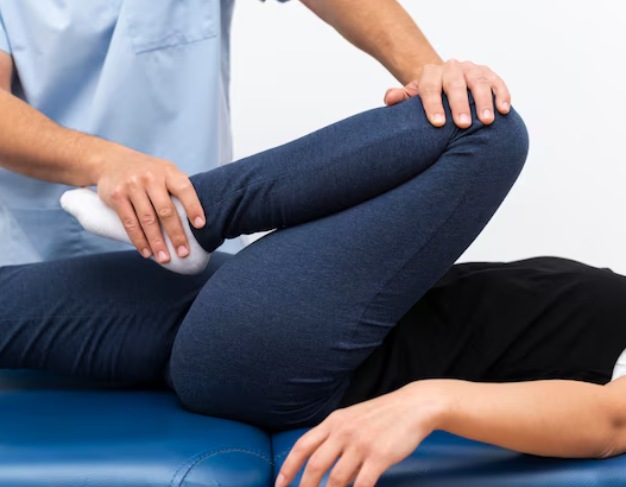
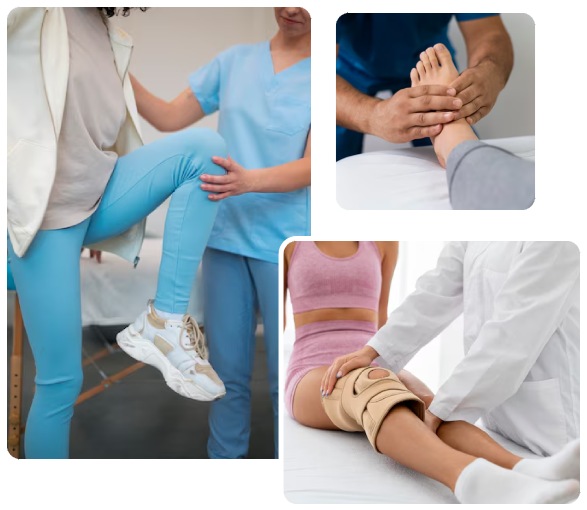
Types of Orthopedic Conditions
Some of the common orthopedic conditions include the following:
- Arthritis
- Osteoporosis
- Fractures
- Low Back Pain
- Fibromyalgia
- Bursitis
- Hip Fracture
- Shoulder Pain and Problems
- Knee Pain and Problems
- Foot Pain and Problems
- Hand Pain and Problems
- Neck Pain and Problems
- Kyphosis
- Scoliosis
- Paget’s Disease of the Bone
- Soft-Tissue Injuries
Causes of Orthopedic Conditions
Orthopedic conditions can arise from a variety of causes, including:
Injuries
Acute injuries, such as fractures, sprains, and strains, often result from accidents, falls, or sports activities.
Overuse
Repetitive stress from activities like running, weightlifting, or playing certain sports can lead to conditions like tendonitis and bursitis.
Aging
As people age, the wear and tear on joints and bones can lead to degenerative conditions such as osteoarthritis and osteoporosis.
Genetics
Some orthopedic conditions, like scoliosis or certain types of arthritis, can be inherited, making individuals more susceptible to these disorders.
Poor Posture
Prolonged poor posture can lead to musculoskeletal imbalances, resulting in pain and conditions affecting the back, neck, and joints.
Obesity
Excess body weight can place additional stress on joints, particularly the knees, hips, and lower back, increasing the risk of developing conditions like osteoarthritis.
Infections
Certain infections can affect bones and joints, leading to conditions such as osteomyelitis or septic arthritis.
Inflammatory Diseases
Conditions like rheumatoid arthritis or ankylosing spondylitis involve inflammation that can damage joints and surrounding tissues.
Nutritional Deficiencies
Lack of essential nutrients, particularly calcium and vitamin D, can weaken bones and increase the risk of fractures and other orthopedic issues.
Lifestyle Factors
Sedentary lifestyles, smoking, and excessive alcohol consumption can negatively impact bone health and contribute to orthopedic conditions.
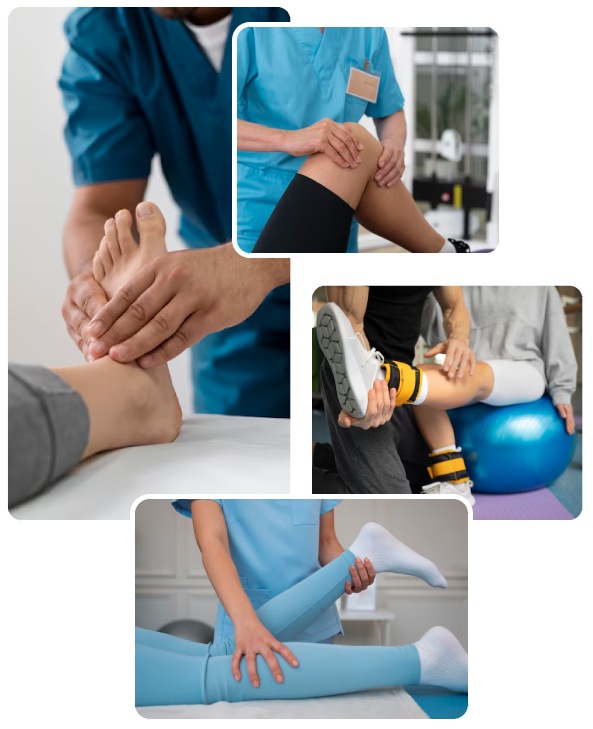
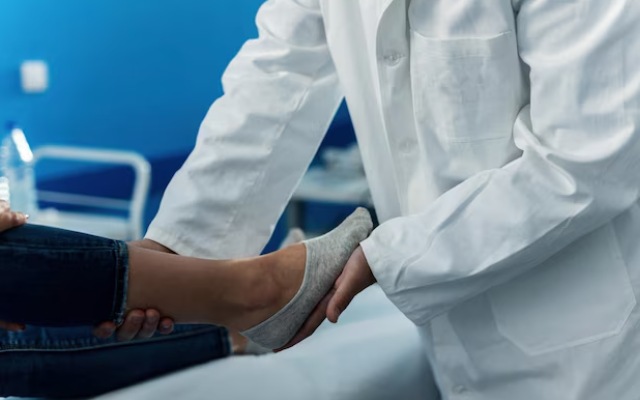
Symptoms of Orthopedic Conditions
Factors that may suggest an orthopedic condition include:
- Fever
- Excessive sweating
- Intermittent or persistent joint pain that worsens with activity
- Pain during movement or range of motion
- Swelling or redness in the joints
- A scraping or crunching sound during joint movement
- Difficulty moving joints comfortably (limited range of motion)
- Stiffness, limping, or loss of mobility
- A new lump or swelling along a bone
When Should I Consult an Orthopedist?
You should consider consulting an orthopedist if you experience any of the following:
Persistent Pain
If you have ongoing pain in your joints, muscles, or bones that don’t improve with rest or over-the-counter medications.
Injuries
After experiencing an injury, such as a fracture, sprain, or strain, especially if you have difficulty moving the affected area.
Limited Mobility
If you find it difficult to move a joint or limb, or if you notice a reduced range of motion.
Swelling or Redness
When you observe swelling, redness, or warmth in a joint that persists or worsens.
Joint Stiffness
If you experience stiffness in your joints, particularly in the morning or after prolonged periods of inactivity.
Limping or Gait Changes
If you develop a limp or notice changes in your walking pattern.
Cracking or Grinding Sounds
If you hear grinding, popping, or cracking sounds in your joints during movement, especially if accompanied by pain.
Deformities
If you notice any deformities in your bones or joints, such as lumps or bumps.
Post-Surgical Care
If you require follow-up care after orthopedic surgery or if you are experiencing complications from a previous procedure.
Chronic Conditions
If you have a chronic condition affecting your musculoskeletal system, such as arthritis, and need specialized management or treatment options.
The bone specialists at our clinic have years of experience in treating various orthopedic conditions. Reach out to us for comprehensive treatment.
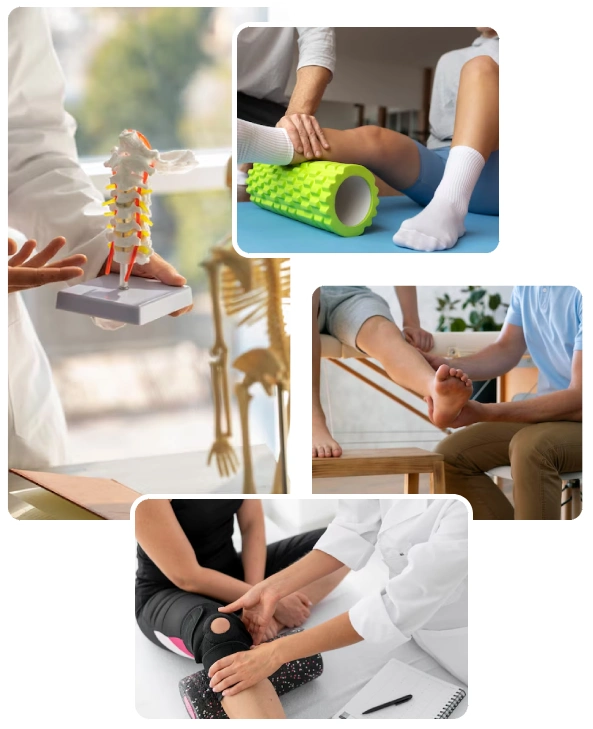
Frequently Asked Questions
What is orthopedic surgery?
Orthopedic surgery involves procedures aimed at correcting musculoskeletal issues, including bones, joints, ligaments, and tendons. It can address conditions such as fractures, arthritis, and sports injuries.
What does orthopedic rehabilitation involve?
Orthopedic rehabilitation focuses on restoring function and mobility after orthopedic surgery or injury. It includes physical therapy, exercises, and treatment plans tailored to the individual’s needs.
What is orthopedic trauma?
Orthopedic trauma refers to severe injuries affecting the musculoskeletal system, often resulting from accidents or falls. It requires immediate medical attention and may involve surgical intervention.
What constitutes an orthopedic emergency?
An orthopedic emergency includes situations like compound fractures, severe joint dislocations, or significant injuries that require immediate care to prevent further damage or complications.
What are orthopedic implants?
Orthopedic implants are devices used to support or replace damaged bones and joints. Common examples include plates, screws, rods, and joint prostheses, which help stabilize the musculoskeletal system after surgery.
